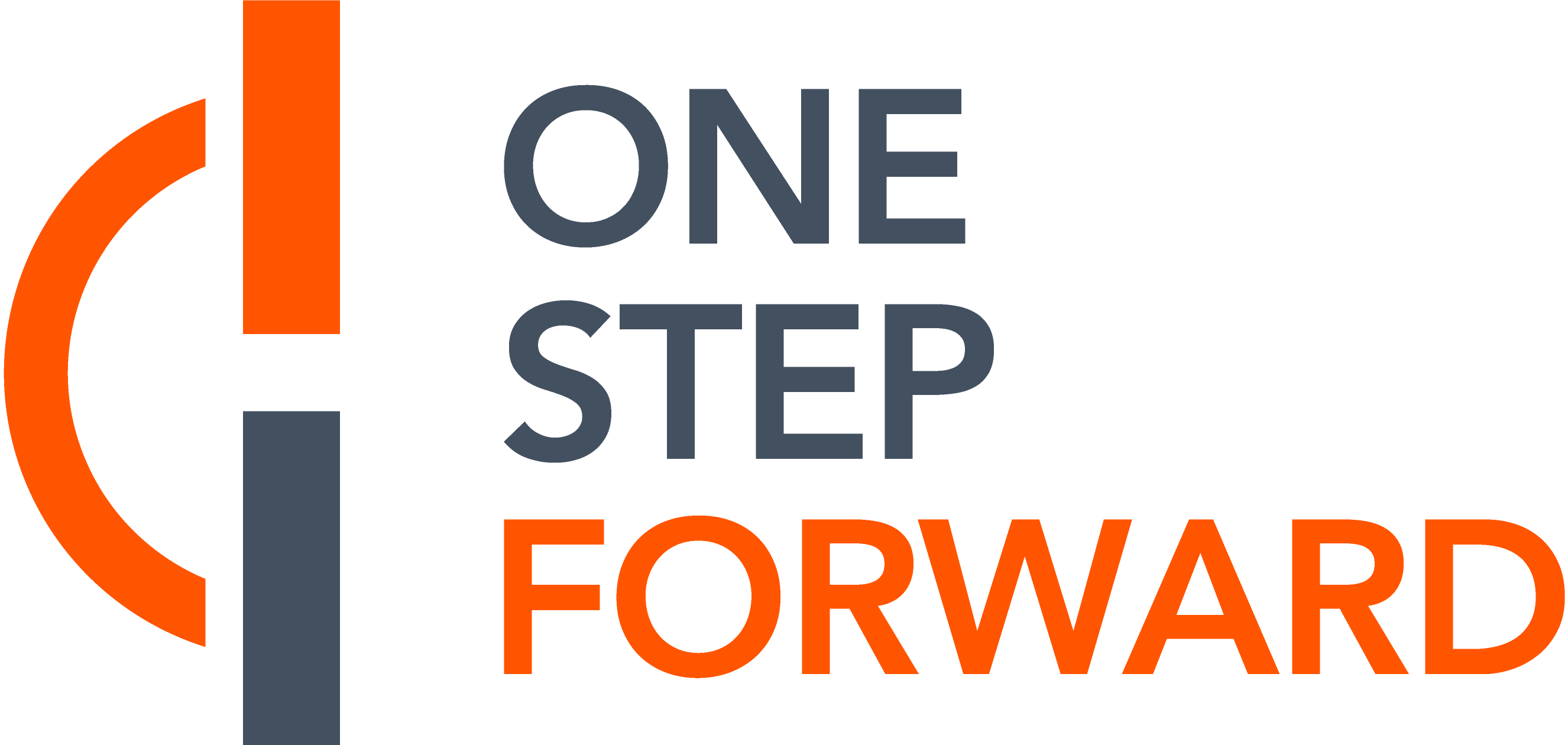Episode notes
Babatunde Afolabi has worked on mediation and conflict transformation in West Africa for pretty much all of his adult life—first at the Economic Community of West African States (ECOWAS), and then with the Center for Humanitarian Dialogue.
This experience spans the full range of political conflict: “democratic reversals” and refusals to leave power, military coups, contested elections, the rise of extremist movements, and entrenched sub-national violence.
With this as background we get into the nuts and bolts of inter-governmental diplomacy, “private” diplomacy, and the differences between the two. This is informed in part by ’Tunde’s own upbringing under a military regime in Nigeria, and the return to democratic rule in 1999.
As always, all views are personal and don’t reflect anyone’s official position.
Topics discussed:
[04:30] Education in Ibadan, in south-west Nigeria. Finding his way due to the right mentor figures at the right time.
10:20] Growing up under a military regime, and becoming politically conscious. Early resolve not to work on conflict in Nigeria, and a fascination with Liberia’s history and culture.
[17:45] Work with ECOWAS on conflict prevention, and the mid-2000s as the high water mark for the institution. Some unconventional but effective approaches in Niger and Guinea.
[27:00] Loss of momentum for ECOWAS conflict prevention as the regional political environment evolved. Deciding to move on to work for West Africa through other means.
[31:15] Pursuing a PhD as an ‘experiment to self-criticise’. Switching focus from Track 1 diplomacy to the role of civil society actors.
[34:40] A second stint at ECOWAS. Knowing when to move on because the conditions aren’t right. Hopes and regrets about the potential of the institution.
[41:30] Moving to the Centre for Humanitarian Dialogue. How “private diplomacy” fits into international conflict resolution, and its distinct niche in West Africa. Efforts in the Gambia, and back in Nigeria (despite early intentions!).
[51:10] Getting ‘access’ as a mediator, and what brings real value to an entrenched conflict. Key skills and relationships developed over a career in the sub-region.
[57:10] Moving from West Africa to a broader remit. Staying humble and curious, and avoiding ‘experts’. Staying focused on the African continent, and ambitions for the future.
[1:04:00] Key points of learning over a rich career in conflict resolution. A few book recommendations to close.
